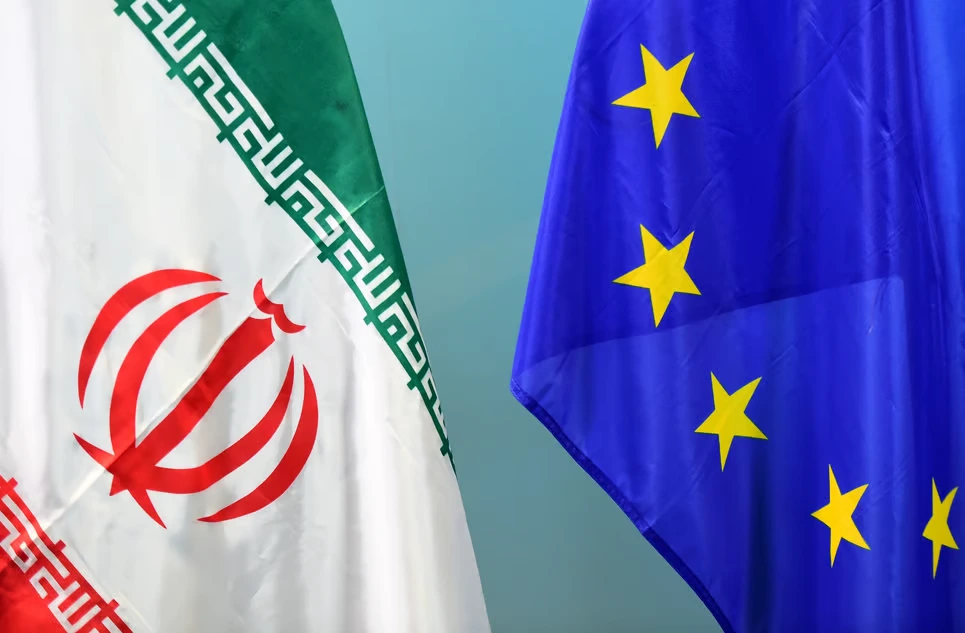Amid escalating tensions over Iran’s nuclear program, representatives from Iran and the European powers of Britain, France, and Germany—known as the E3—along with the European Union, are stated to convene for high-level talks in Geneva on Tuesday.
The meeting, announced by Iranian state media, signals renewed diplomatic efforts to revive the faltering 2015 Joint Comprehensive Plan of Action (JCPOA).
The talks, set for August 26 at the deputy foreign minister level, come at a pivotal moment following Iran’s recent suspension of cooperation with the International Atomic Energy Agency (IAEA) and amid threats from the E3 to reinstate UN sanctions via the JCPOA’s “snapback” mechanism.
Iranian state television reported on Monday: “On Tuesday, Iran and the three European parties to the 2015 nuclear deal, along with the European Union, will hold a new round of talks at the level of deputy foreign ministers in Geneva.”
The JCPOA, originally inked in 2015 between Iran and world powers including the US, Russia, China, and the E3 plus the EU, was designed to curb Iran’s nuclear ambitions in exchange for lifting economic sanctions.
However, the US withdrawal in 2018 under then-President Donald Trump unraveled the deal, leading Iran to breach enrichment limits and reduce IAEA access.
Recent escalations, including Iran’s reported plans to install thousands of advanced centrifuges and enrich uranium to near-weapons-grade levels, have intensified global concerns.
READ MORE: Israel Strikes Iran’s Nuclear Sites and Missile Factories
Iran’s Deputy Foreign Minister Majid Takht-Ravanchi is expected to lead the Iranian delegation, with the EU serving as a key mediator.
Key agenda items include curbing uranium enrichment, resuming IAEA inspections, and extending the negotiation deadline to October 2025 before potential US policy shifts under incoming President-elect Trump in January 2026.
This Geneva round follows earlier negotiations in Istanbul last month and is framed against the backdrop of a 12-day conflict between Iran and Israel in June, during which strikes hit key Iranian nuclear sites.
Iran’s Foreign Minister Abbas Araghchi has dismissed E3 threats of unilateral snapback sanctions, calling them legally baseless, while emphasizing Tehran’s willingness to negotiate if Western nations recommit to the deal.









